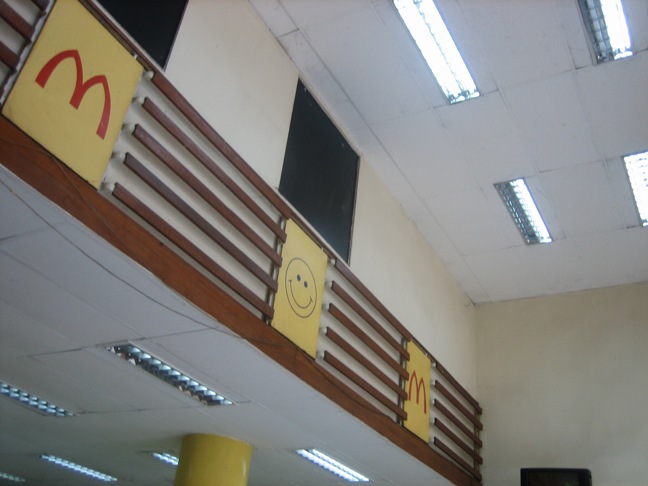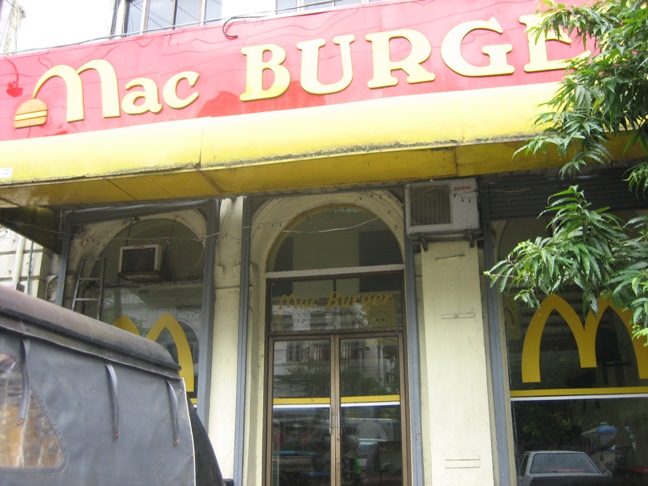Throughout Southeast Asia, fakes, of all sorts, are ubiquitous. Fake watches, polo-shirts, perfume and handbags are a staple of almost all markets and shopping centres. Multinational consumer goods companies continue to endeavour, with varying levels of success, to discourage the illegal use of their trademarks and intellectual property.
After years of effort, there is, however, still at least one shopping area in Bangkok where “authentic” knock-offs of top-end fashion items, made from “genuine” raw materials, are sold to the most discerning of “fake” shoppers. These shoppers are in search of “ngarn cop” (trans: copied work). The stores in this area are high security enterprises, with special locks, alarms and employees who are paid just to watch out for “the authorities”. Unlike the low quality fakes of the common night markets, which may be sold for merely a dollar or two, such “quality” fake products are taken to be a much greater threat to the imported brands and their retail profits. These “authentic” copies are big business, sold for, say, 5% or 10% of the designer item’s “true” cost – they satisfy a middle-class itch for high end consumer goods.
In Burma, the English-language Myanmar Times (motto: “Tomorrow’s paper today”)regularly prints warnings placed by foreign trade-mark holders to scare off imitators and copiers. Products as diverse as cognac, light bulbs, bleach, stationery, tobacco, insecticide, spark plugs, agricultural fungicides, and rubber, have been the subject of warnings over the past three weeks. These fakes are different from the fake Gucci bags and Chanel No. 5 of Bangkok’s specialty imitators.
In Burma, there are even fake McDonalds. One is called MacDonalds – I didn’t make it there for a MacJetta. I did, however, go to a place called MacBurger in central Yangon (see photos). It has a menu that includes MacChicken, and all sorts of other obvious rip-offs. McDonalds executives can sleep (relatively) easy because not only is the imitation flattering and comical, but the food is so horrendous that customers could never mistake it for the real thing.
I assume that when the Golden Arches finally makes its Burma push (which would be one obvious outcome of lifting US sanctions) these restaurants will go the way of the fake cognac and agricultural fungicide. They will get better, get legal or disappear.
 Facebook
Facebook  Twitter
Twitter  Soundcloud
Soundcloud  Youtube
Youtube  Rss
Rss 
